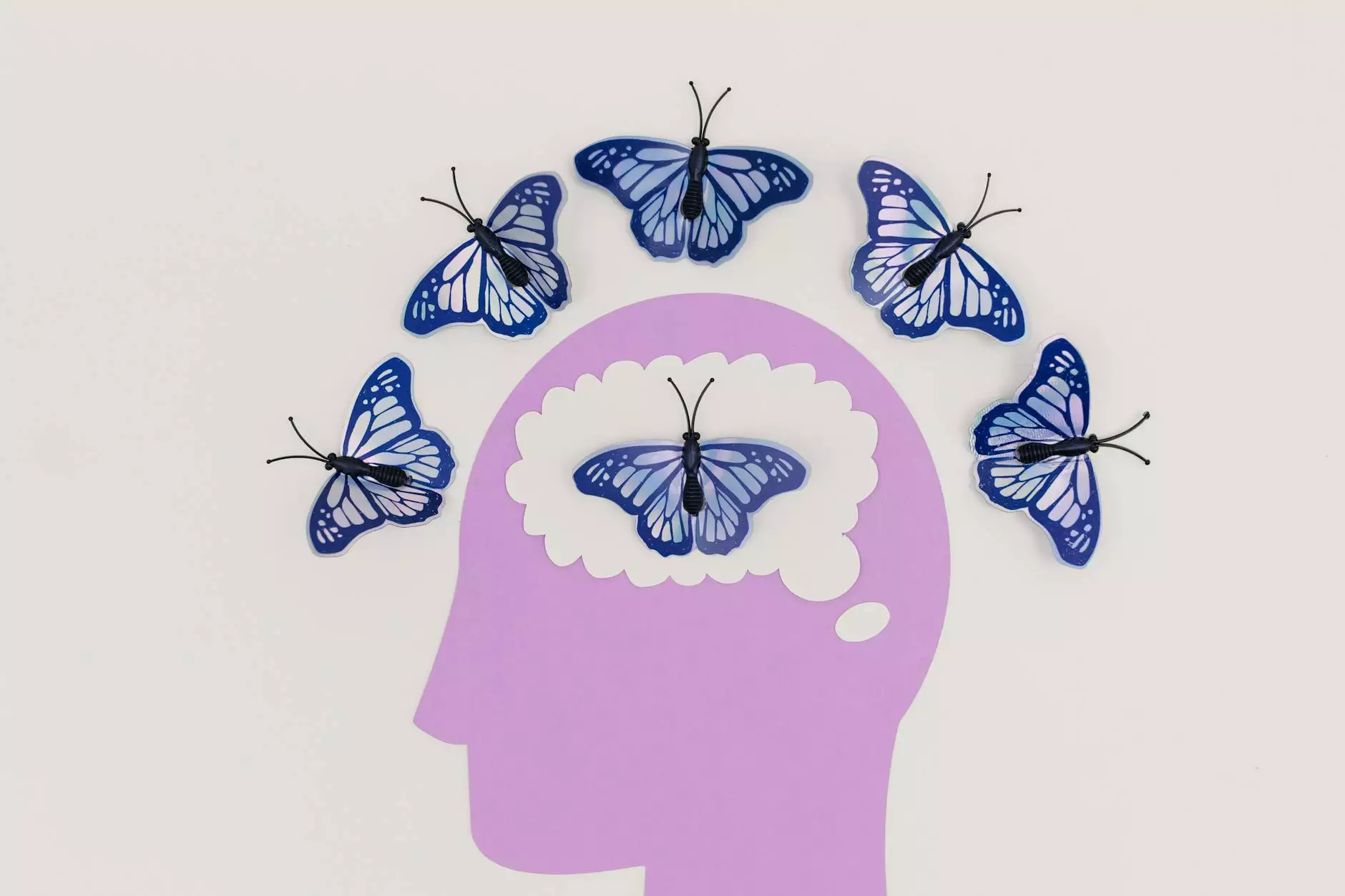Effectively Reducing Cholesterol: A Comprehensive Guide

Managing your cholesterol levels is essential for maintaining optimal health and preventing cardiovascular diseases. This article delves into detailed strategies on how to bring cholesterol down through diet, exercise, and lifestyle changes. Understanding the nuances of cholesterol can help you make informed choices for your well-being.
Understanding Cholesterol: The Basics
Cholesterol is a waxy, fat-like substance found in every cell of the body. It is crucial for producing hormones, vitamin D, and bile acids that help digest fat. Cholesterol travels through the bloodstream in small packages called lipoproteins. There are two primary types:
- Low-Density Lipoprotein (LDL): Often referred to as "bad" cholesterol, high levels of LDL can lead to plaque buildup in arteries, increasing the risk of heart disease.
- High-Density Lipoprotein (HDL): Known as "good" cholesterol, HDL helps remove other forms of cholesterol from the bloodstream and transports it to the liver for elimination.
Assessing Your Cholesterol Levels
Before embarking on a journey to lower your cholesterol, it's vital to know your current cholesterol levels. Regular screenings can help assess your risk. Typical values are:
- Total cholesterol: Less than 200 mg/dL is considered healthy.
- LDL cholesterol: Less than 100 mg/dL is optimal.
- HDL cholesterol: Higher than 60 mg/dL is protective against heart disease.
Consult with your healthcare provider to determine when you should get your cholesterol levels checked based on your individual risk factors.
Dietary Strategies for Lowering Cholesterol
Food plays a crucial role in managing cholesterol levels. Here are several dietary adjustments you can implement:
1. Increase Soluble Fiber Intake
Soluble fiber can help reduce the absorption of cholesterol in your bloodstream. Foods high in soluble fiber include:
- Oats and barley
- Beans and lentils
- Fruits (such as apples, citrus fruits, and berries)
- Vegetables (like carrots and broccoli)
- Nuts and seeds
2. Incorporate Healthy Fats
Replace saturated fats found in meat and dairy with healthy fats that can improve your cholesterol profile:
- Monounsaturated fats: Found in olive oil, avocados, and nuts.
- Polyunsaturated fats: Found in fatty fish (such as salmon and mackerel), walnuts, and sunflower seeds.
3. Limit Saturated and Trans Fats
Reducing your intake of saturated fats (found in red meat, butter, and full-fat dairy products) and avoiding trans fats (found in many processed foods) can help lower your LDL cholesterol levels. Check food labels for partially hydrogenated oils, a common source of trans fats.
4. Emphasize Plant Sterols and Stanols
Plant sterols and stanols are substances found in plants that help block the absorption of cholesterol. They are added to certain products, including margarines and orange juice. Additionally, these can be found in supplement form.
Lifestyle Changes to Consider
Alongside dietary changes, certain lifestyle modifications can significantly impact your cholesterol levels.
1. Regular Physical Activity
Engaging in regular exercise can help raise HDL cholesterol while lowering LDL cholesterol. Aim for at least 150 minutes of moderate aerobic activity or 75 minutes of vigorous activity each week. This can include:
- Walking or jogging
- Cycling
- Swimming
- Group fitness classes
2. Maintain a Healthy Weight
Carrying excess weight can contribute to unhealthy cholesterol levels. Even a modest weight loss of 5-10% can lead to improvements. Consider creating a balanced diet and exercise plan to help achieve and maintain a healthy weight.
3. Quit Smoking
If you smoke, quitting can improve your HDL cholesterol level. Additionally, the benefits of quitting smoking extend beyond cholesterol, including better heart health overall.
4. Limit Alcohol Intake
Moderate alcohol consumption can have certain heart benefits. However, excessive drinking can lead to serious health issues, including elevated cholesterol levels. It's generally recommended to keep alcohol consumption to:
- Up to one drink per day for women
- Up to two drinks per day for men
The Role of Medications
For some individuals, lifestyle changes alone may not be enough to manage cholesterol levels. In such cases, healthcare providers may prescribe medications, including:
- Statins: These are the most commonly prescribed medications that work by reducing cholesterol production in the liver.
- Bile acid sequestrants: These help eliminate cholesterol from the bloodstream.
- Cholesterol absorption inhibitors: These reduce the amount of cholesterol absorbed from food.
Always discuss with your healthcare provider before starting any medication, and ensure you understand the potential benefits and side effects.
Monitoring Progress and Staying Motivated
Once you've started implementing strategies on how to bring cholesterol down, it's crucial to monitor your progress. Regular check-ups and lipid panels can help you see how your lifestyle changes are affecting your cholesterol levels. Here are some ways to stay motivated:
- Set small, achievable goals, such as increasing your daily physical activity or trying one new healthy recipe each week.
- Track your food and exercise in a journal or app to maintain accountability.
- Join community groups or online forums for support and motivation.
- Consider working with a registered dietitian or personal trainer to create tailored plans that fit your needs.
Conclusion: Empowering Your Health Journey
Improving your cholesterol levels is a multifaceted approach that includes specific dietary choices, lifestyle modifications, and possibly medications. By focusing on effective strategies and staying informed about your health, you can significantly influence your cholesterol levels. Remember, it's essential to work closely with healthcare professionals to create a personalized plan that suits your health needs.
Empower yourself with knowledge and action, and take the necessary steps to achieve a healthier heart. Your journey towards better cholesterol management starts now!









